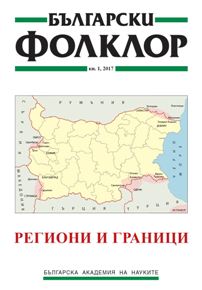
We kindly inform you that, as long as the subject affiliation of our 300.000+ articles is in progress, you might get unsufficient or no results on your third level or second level search. In this case, please broaden your search criteria.

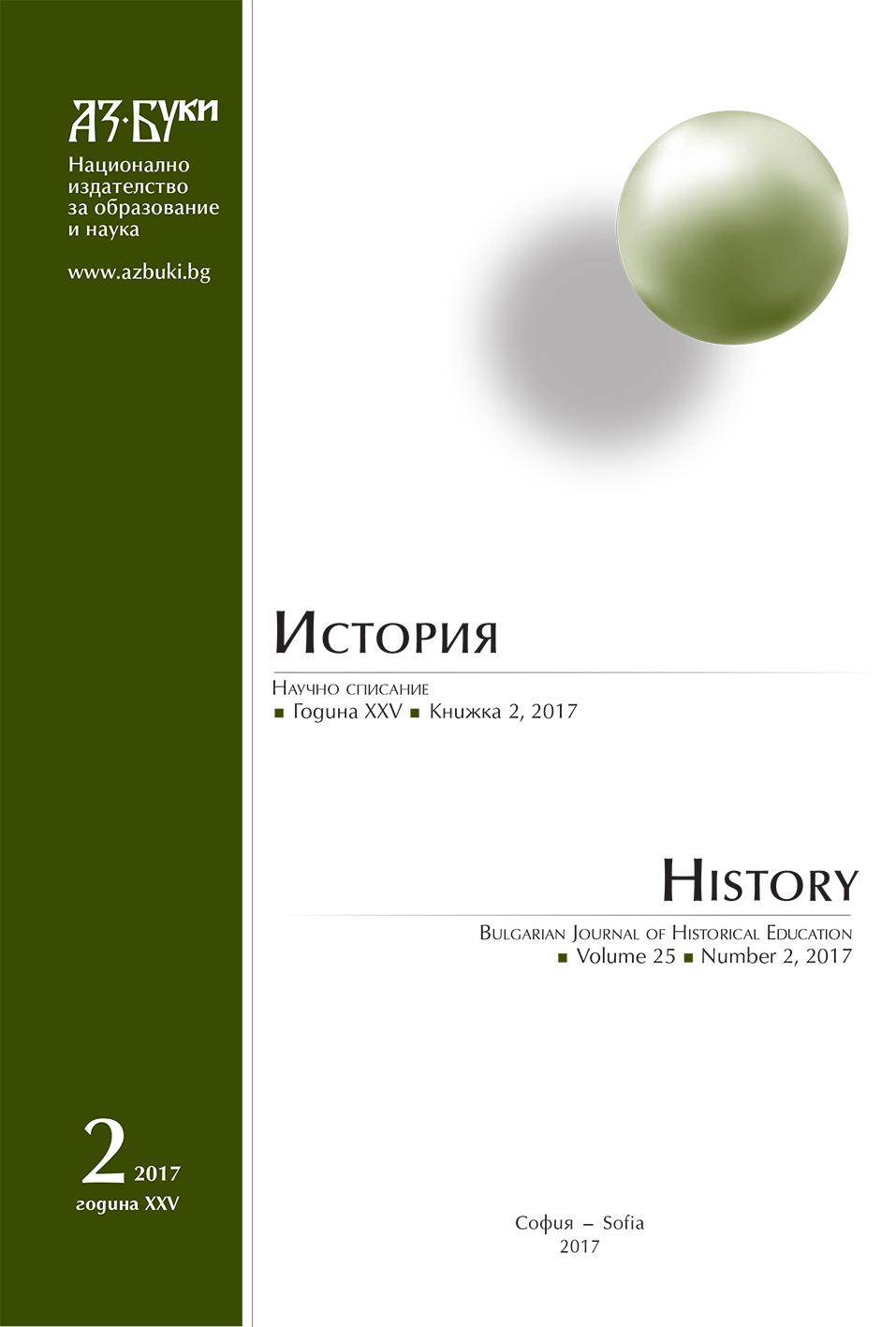
The Migration of Muslims to Western Europe attains significance after the World War II, because in this part of the old continent workers are badly needed for the development of industries of Western European countries. After 1945 till the beginning of XXI century there were five waves of Migration of Muslims to Western Europe. Although the politics of Western countries has some peculiarities towards the Muslims, the end results of this policy builds up parallel communities within the societies of these countries. These parallel communities hinder the integration of Muslims. At the religion the Muslims find a rallying point and the religion serves as a base for creation of Identity. Gradually the Muslims become a political factor because their number increased constantly. On surface arise the question about the integration or disintegration of Muslims. This question is at the center of the political or scientific discussion.
More...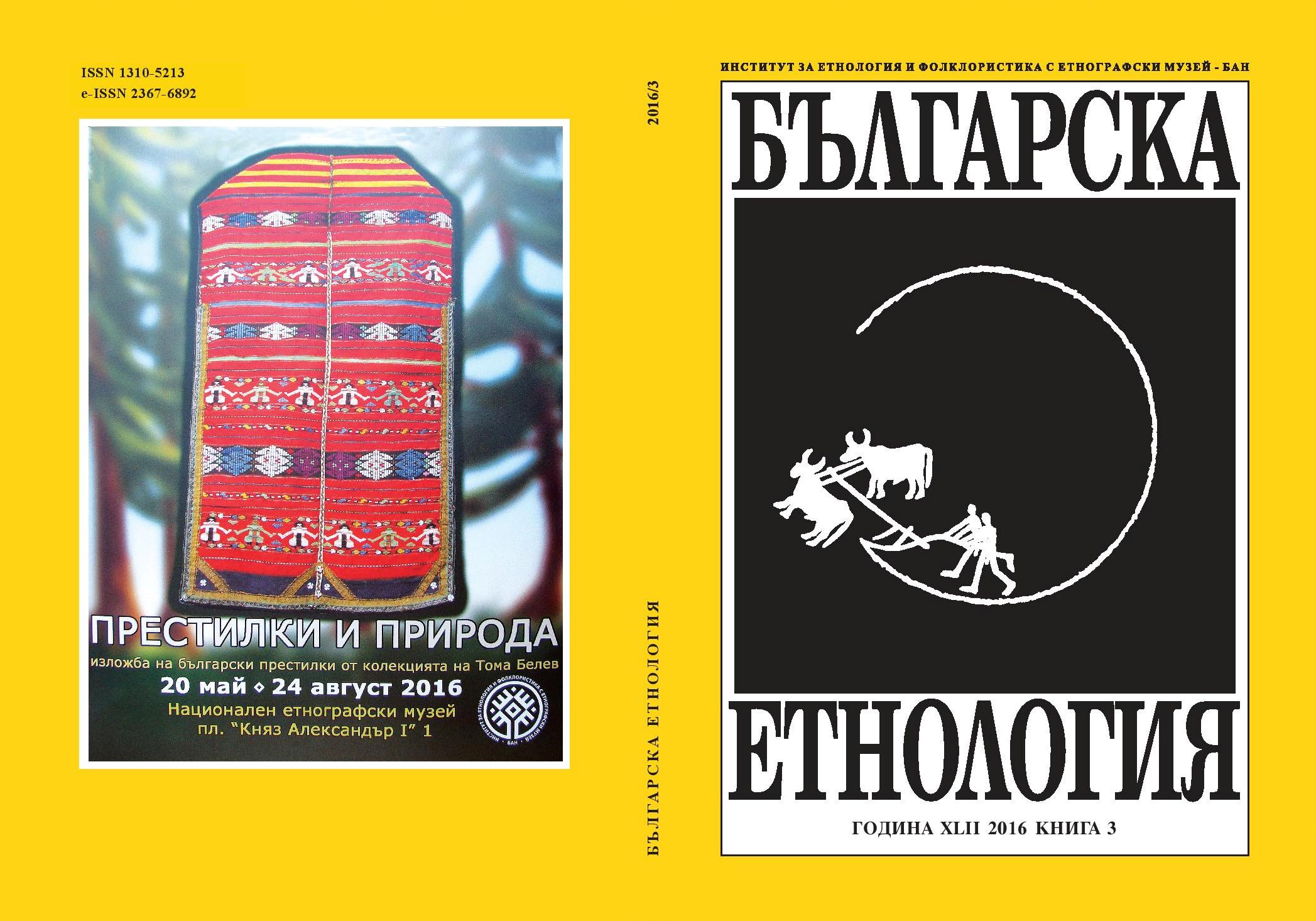
The Areca nut is one of the products found in South Asia, Southeast Asia, andSouthern China. In China, being an exotic product that can be grown only in tropicalclimate, the Areca nut used to be highly appreciated and considered as a precious giftamongst the nobles in the past, especially during the Tang and Song dynasties. Whilein Vietnam, throughout its history, the Areca nut, because of its inherent spiritualvalue, has been an indispensable object of sacrifice in Vietnamese ancestral worshipas well as their lifetime rituals such as weddings, funerals and during childbirth. Apartfrom being an essential offering in rituals and ceremonies, the Areca nut traditionallywas also a means of mobilizing Vietnamese people’s social interactions (includingcourting between young boys and young girls).After doing a short description on how the Areca nut was used as a gift and as asacrificial object respectively in China in the past and in Southeast Asia, this article,from a historical point of view and with the author’s first hand materials from herfieldwork in Vietnam, attempts to show and explain both why and how the Arecanut has been functioning as a core indispensable object in sacrifices as well as ritualsand also as a means of social interaction in Vietnam. Thus, the article emphasizesthe important role that the Areca nut plays in Vietnamese people’s spiritual life andculture.
More...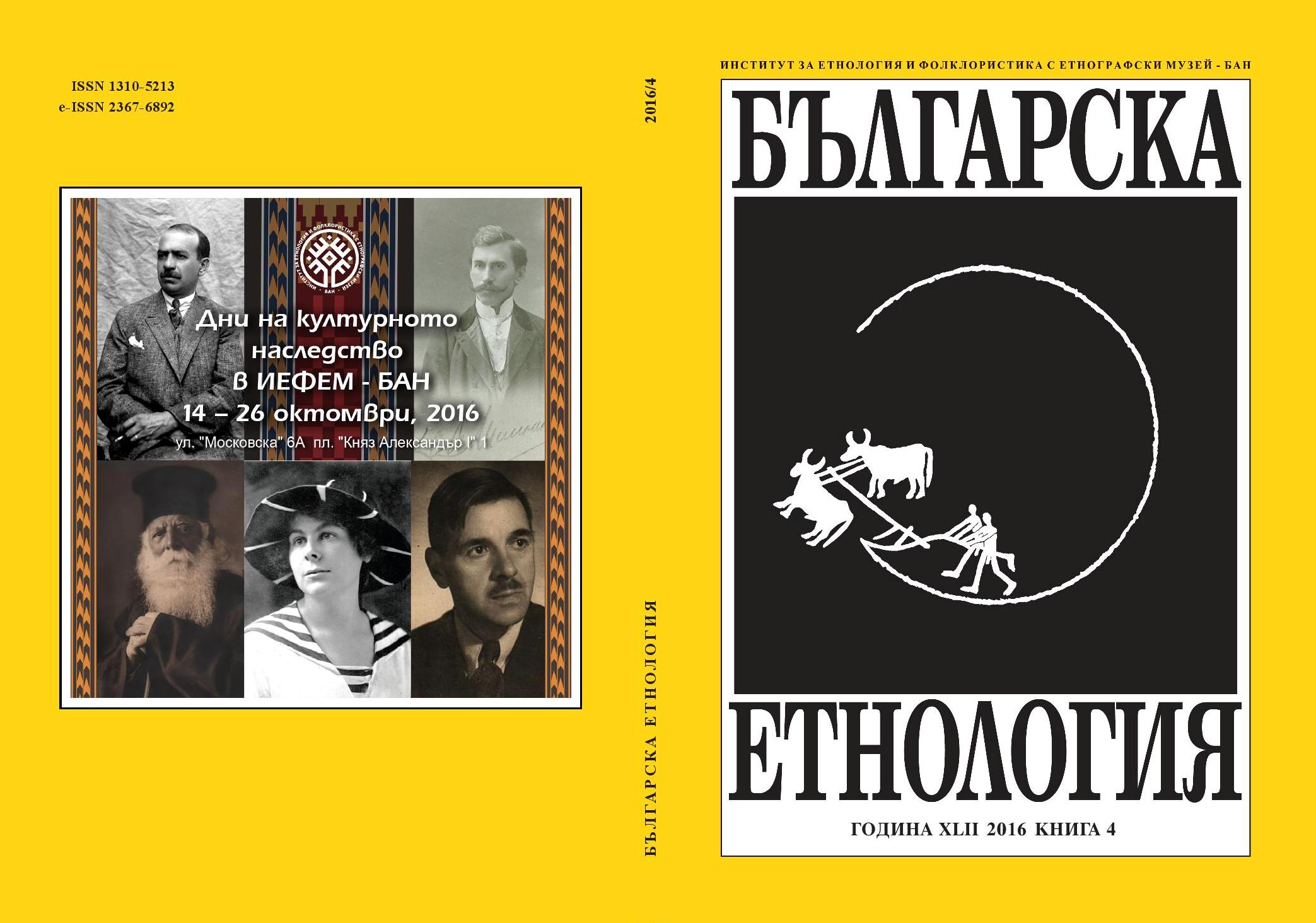
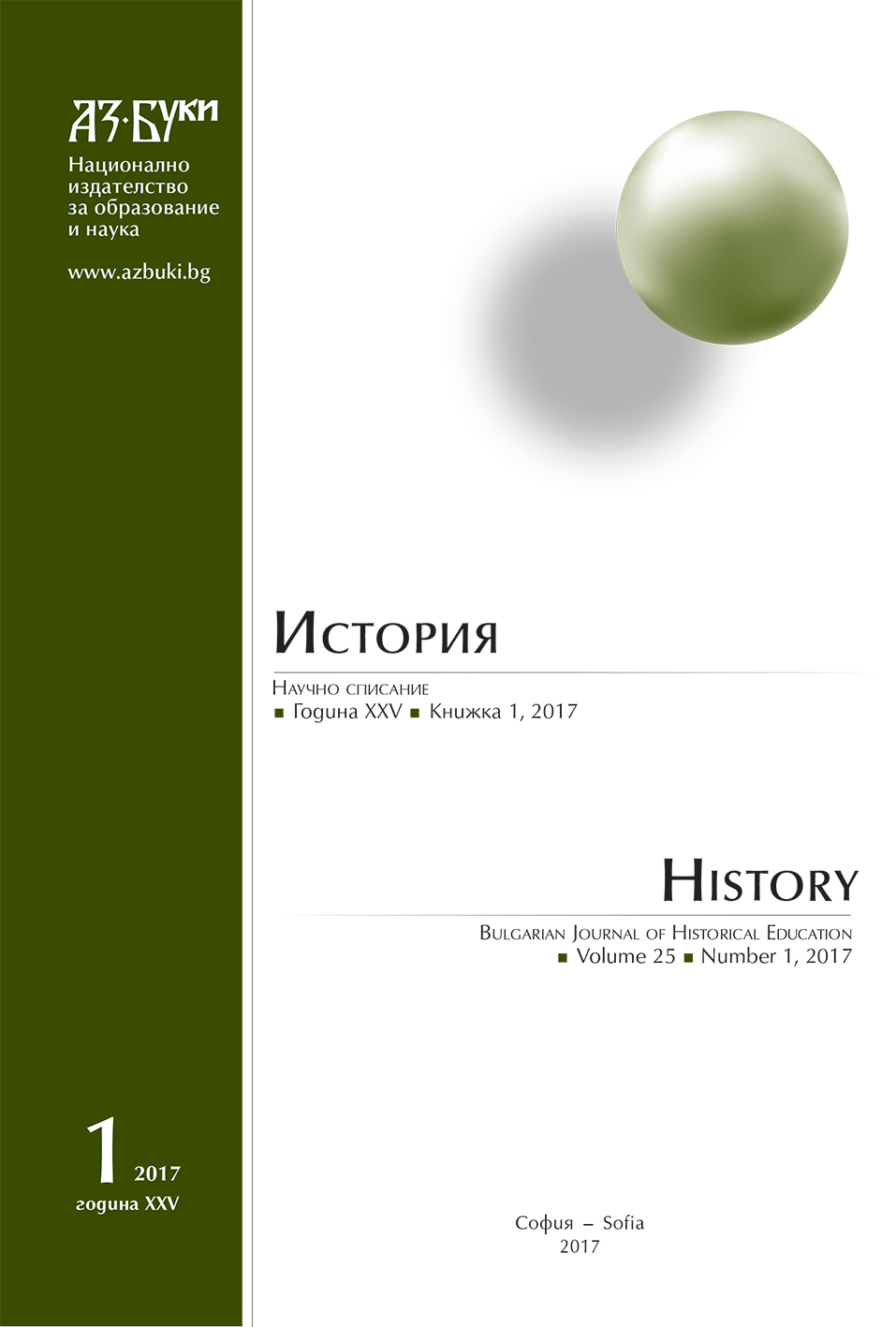
The French Republic supported the spread of republican principles in Europe, but most of these sister republics became a means of controlling occupied lands through a mix of French and local power as client states. This article aims to analyze the outcome of the revolutionary triennium (1796 – 1799), when as a result of the French conquest of the peninsula some republics were established.
More...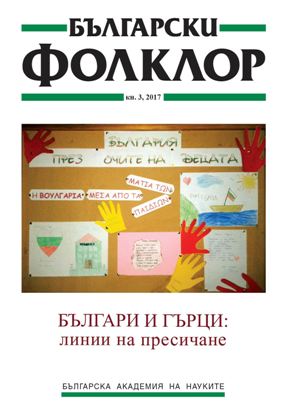
The Balkan Wars (1912–1913) triggered in Bulgaria and Greece unseen enthusiasm and hope for prosperity, as well as for the ‘liberation of our brothers living under yoke”. In the Bulgarian society the Balkan Wars have left a deep emotional trauma. But how does the Greek society evaluate these events? How durable are the Greek military victories and do they nurture new internal or external problems? How do the people in Greece evaluate their own contribution to the success in the Wars and how do they see themselves and their neighbors? What is the relationship between tradition and modernity and what is the place of humanism in this military clash? Is the image of the war undergoing a process of democratization?Seeking for the answers of these and other questions, we decided to present a Greek album from the period. The album is dedicated to the Balkan Wars and remains poorly known. We hope that the analysis of the illustrations in it will enable us to trace the attempt of the authors of the album to influence the audience and will thus allow to see the Balkan Wars through the eyes of the Greeks from the beginning of the 20th century.
More...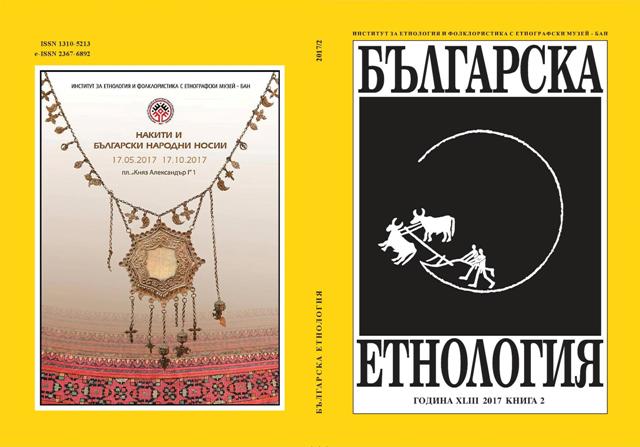
In the last years, the “Roma topic” attracts an increasing interest and takes a fopemost place in the public sphere of united Europe; hence, the Roma policies become a significant challenge on national and European level. Before analyzing the contemporary political discourses about the integration and the social inclusion of Roma, however, it is obligatory to know very well the previously existing state policies toward the Gypsies from the time of their arrival in Europe in the Middle Ages until today. Since a great number of the Roma population continues to live in the countries of Eastern Europe, the policies of the states which formed the “socialist camp” after World War II are very important. The analysis of the existing main political discourses about the Gypsies/Roma (and mostly of their results) should be the basis for the analysis of the contemporary national and European discourses about the Roma policies. Based on this, the achievements and the failures of those policies may find explanation and some prognoses about their results (or the lack of such) could be made.
More...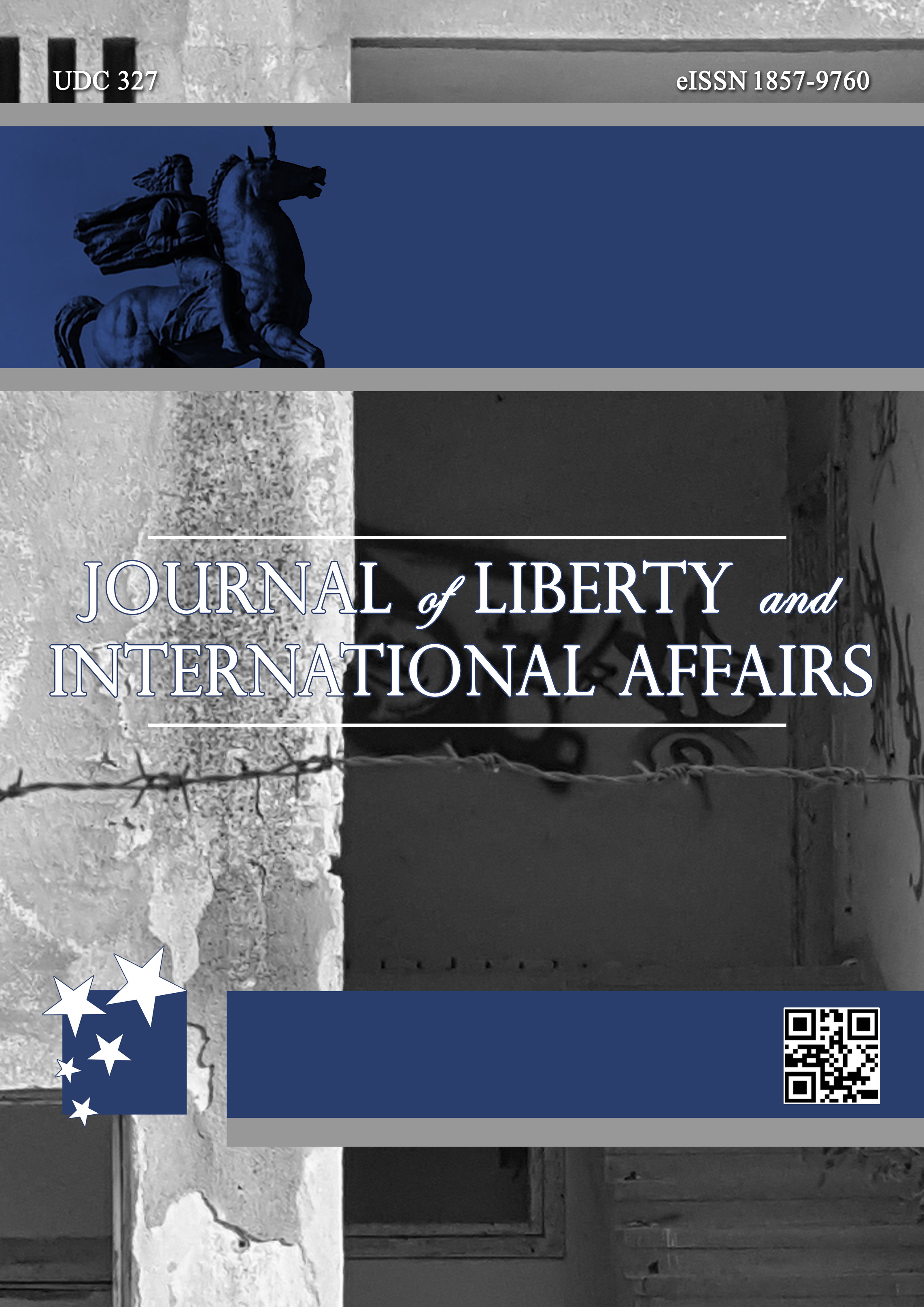
The Syrian civil war exacerbated sectarian divisions between the Alawite-ruled Syrian government and Syria’s Sunni population, straining also the relations between the Sunni majority and Alawite and Alevi minorities of the neighboring Turkey. The Alawites and Alevis of Turkey were predominantly supporting Syria’s president Bashar al-Asad, while the Turkish government greatly supported the Sunni insurgents of Syria. The paper aims at examining how Alawites and Alevis have influenced the relations between Turkey and Syria in the light of the Syrian civil war, the reasons behind the sympathy of Alevis for the Syrian government and the implications that Turkey’s Syria policy has had domestically. It finds that the Alevi / Alawite factor has had some restraining effects on Turkey’s antagonistic policy towards Syria. In the introductory part, the article touches upon the differences and the similarities between Alevis and Alawites, then it analyzes the developments in regards Turkey’s policy towards the Syrian crisis that were also reflected in Ankara’s domestic policy vis-à-vis its Alevi and Alawite minorities.
More...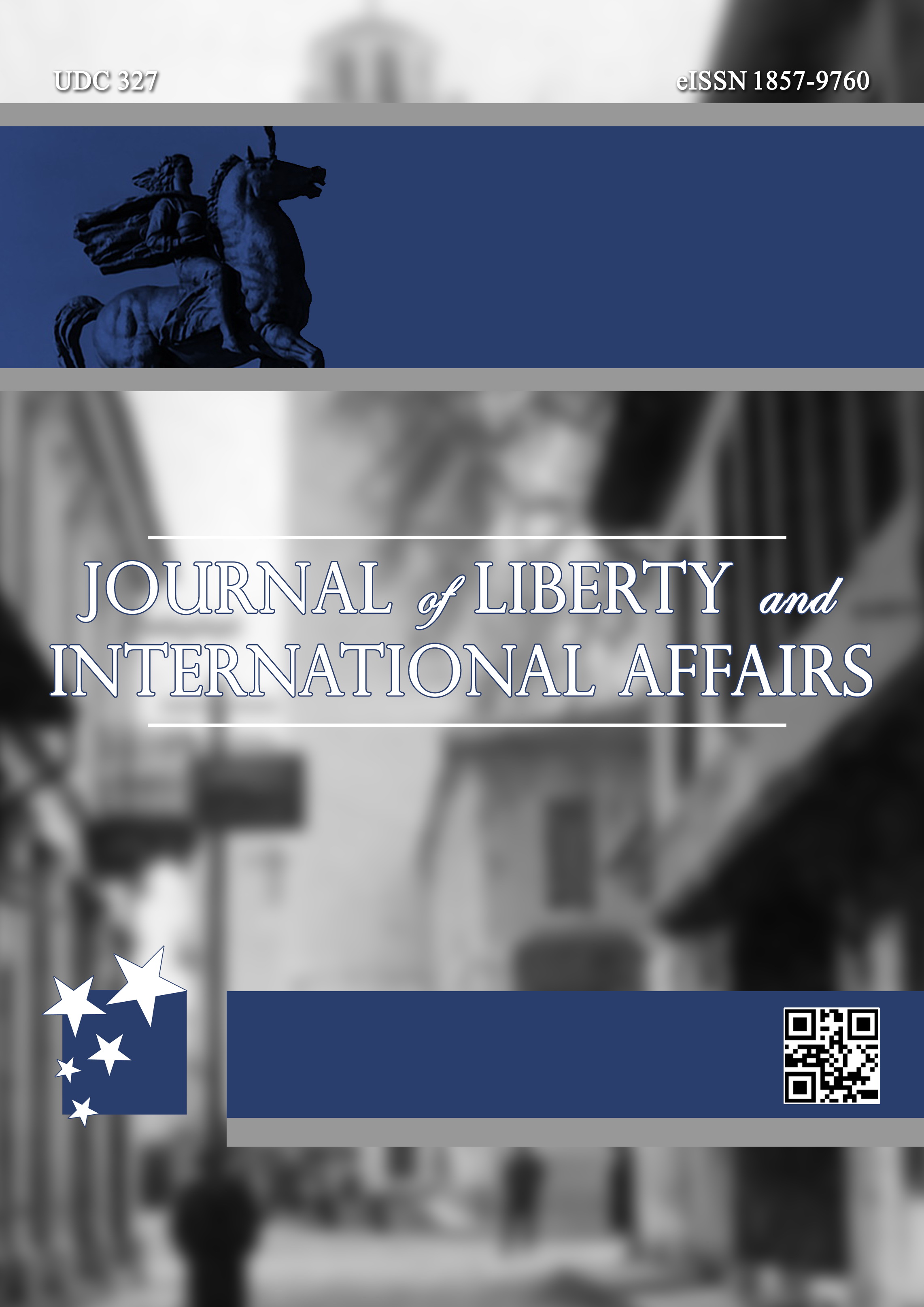
Nigeria is the most populous black nation in the world, member of the UN Security Council and largest economy of Africa. In addition to its globally acknowledged qualitative oil, it also has large deposits of mineral resources including tin, coal and gypsum, gold and lead. The country is not only engaged in a passionate competition with South Africa to attain the position of a continental superpower preparatory towards becoming a globally acknowledge giant but also comfortably playing a big-brother role among Africa nations. This paper uses documentary analysis to examine Nigeria’s social, economic and global potentials of fulfilling its dreams vis-a-vis the potentials of its competitor(s). The paper found out that Nigeria faces multidimensional challenges on its path towards continental leadership ranging from domestic problems of rising crime, incessant insurgency, dilapidated infrastructure, growing unemployment, over-reliance on dwindling oil income and leadership crises among others to intense competition from other strong African countries like South Africa, Egypt and Ethiopia. The paper concludes that the country’s goal of a regional superpower status is achievable but Nigeria must address its domestic challenges to win the race of attaining continental hegemony.
More...
The main objective of this article is to analyze the impact of Ankara’s reference to the legacy of the Ottoman Empire on contemporary Turkish foreign policy and the attitude of Poland towards such a reversal in Turkish diplomacy. Turkey is now more aware that it has no chance of gaining European Union membership. In this situation, Ankara has begun to emphasize its Eurasian character and is trying to build its influence in the region, in particular among eastern and southern neighbors. To have a greater impact on its neighbors, Turkey refers to the legacy of the Ottoman Empire. The weakening of Ankara's political relations with the western world is particularly worrisome for Poland, which appreciates Turkey's geostrategic position and its role in the European security system. The greatest concern among Poles is caused by the political and economic rapprochement between Ankara and Moscow. What also disturbs Poles is the fact that Turkey, which had made pro-democratic efforts, is departing from the principles fundamental to Europeans.
More...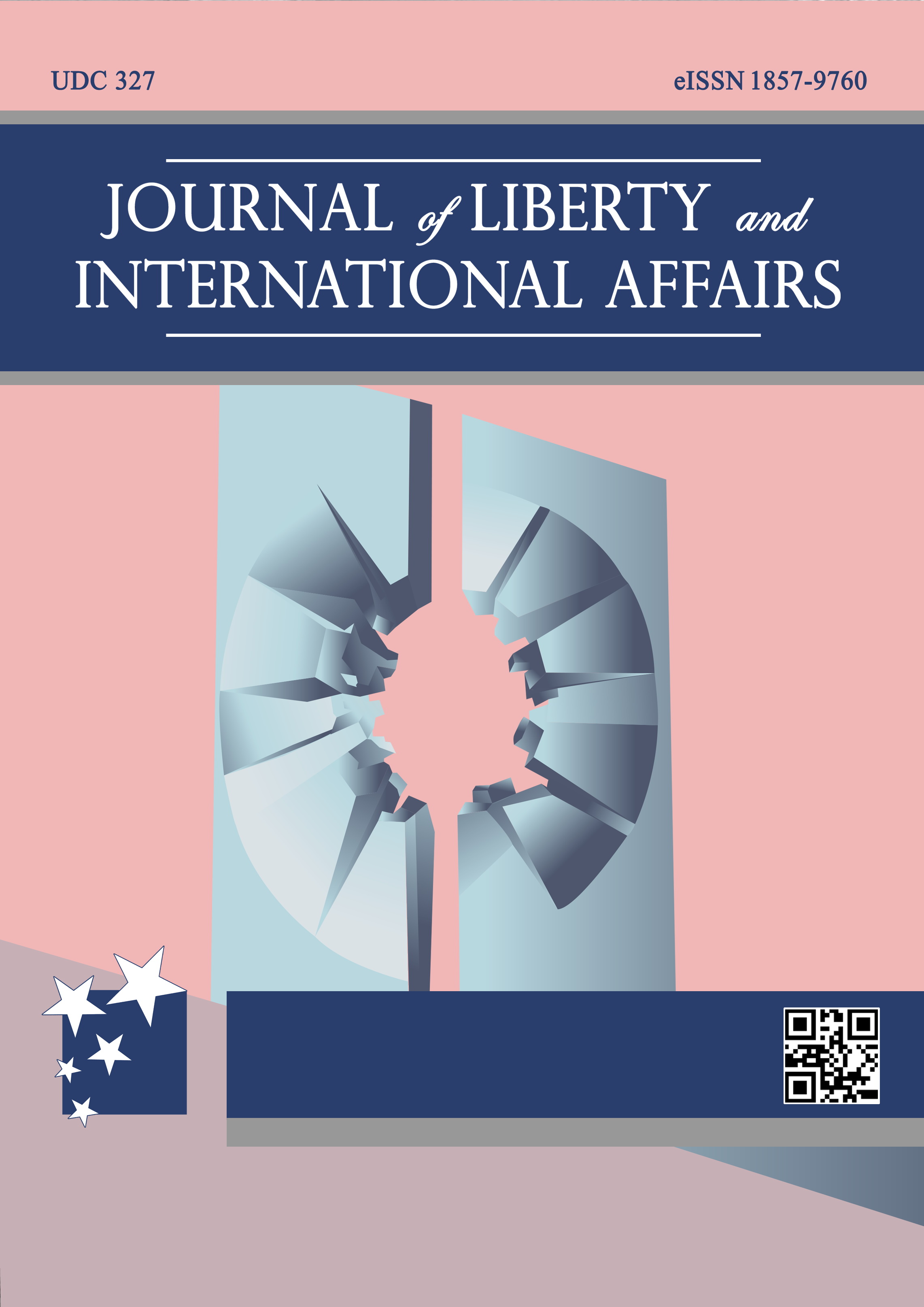
The influence of social networks is growing intensely. They do not only influence only certain aspects of our lives, but they also influence political participation and political culture. In recent years, this influence has been very notable. We have seen a change of policies as a result of pressure, a lot of significant political movements started via social networks. This paper concentrates on the influence of social networks on political participation and political culture. The paper tries to foresee the future implications and the intertwining of social networks and political culture and political participation. It also gives conclusions for the past, present and future implications and it gives a comparison between political participation before and after the rise of social networks. It also analyses the positive and negative implications that social network could have on political participation.
More...
This article examines the potential for implementation of Agenda 2030 in the EU. In the first part, the article outlines how the EU shifted and adapted its policy framework after the adoption of the Agenda 2030. In the second part, it analyzes the role of governance for the implementation of the Agenda and possible scenarios for the implementation of the Agenda 2030 in the EU. In the final part, the article examines scenarios for the future of the EU, as defined in the White Paper for the Future of Europe in 2017, concluding that comprehensive implementation of the Agenda is possible only under the scenario in which all EU member states do much more together, but with an important caveat.
More...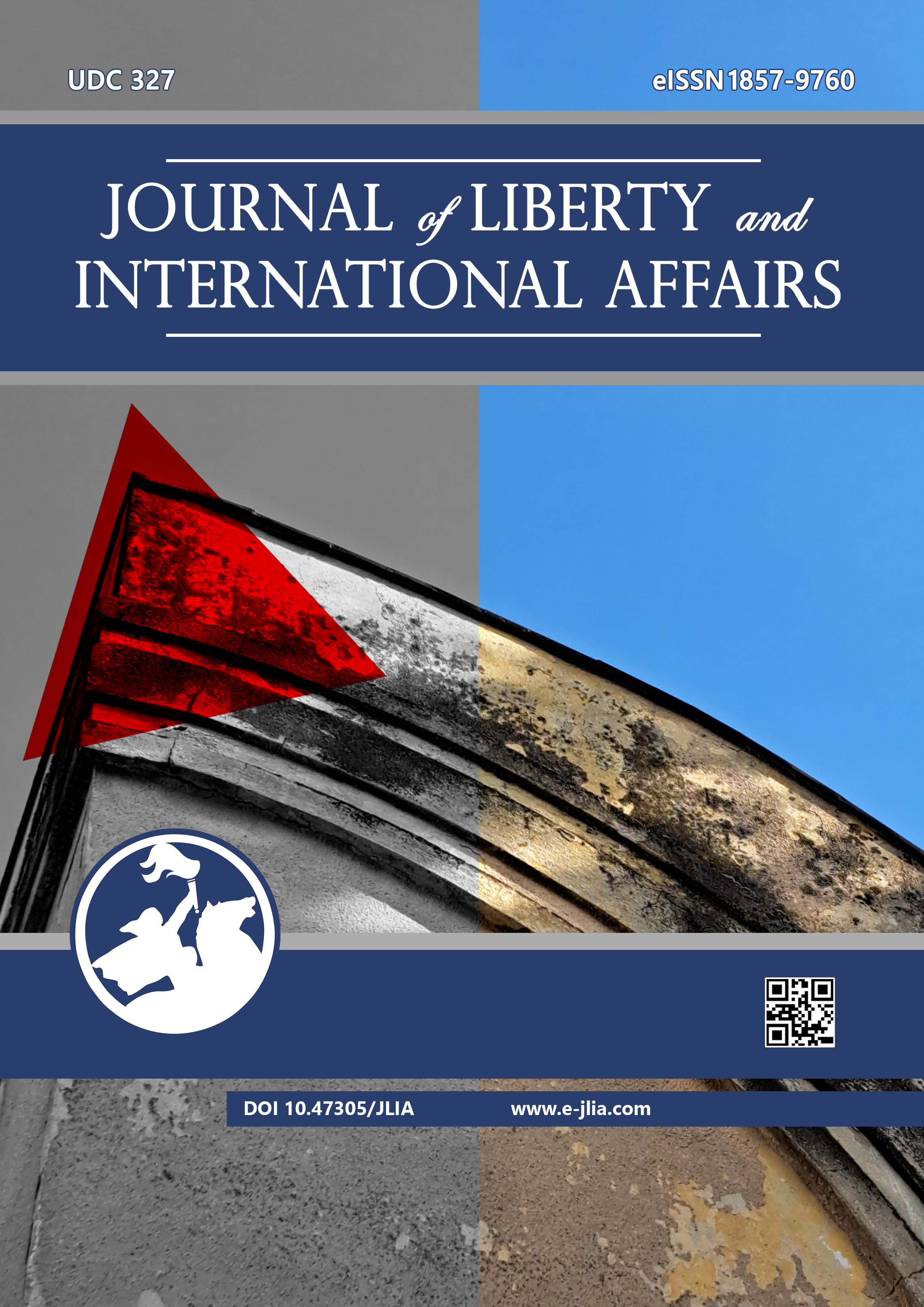
This article examines the importance of institutionalizing political parties in developing democracy. This article develops the conceptual framework of the institutionalization of political parties, which combines institutionalization factors in both internal and external dimensions and applies this conceptual framework to extract lessons on the institutionalization of political parties in various democratic countries, including Thailand. The results of applying the aforementioned conceptual framework, in particular to the case of Thailand, indicate that the failure to apply the notion of institutionalization to political parties in this country stems from the traditionally narrow-minded approach to considering the institutionalization of political parties rather than problems with the idea itself. Thus, this article suggests that building an institution for a political party is something that can be designed by giving importance to the development of political parties in a structured manner, along with promoting political parties to have the ability to play a solid political role under the democratic regime.
More...
This article analyses the maritime security pillar of India’s Indo-Pacific Outlook Initiative (IPOI) in Southeast Asia and its far-reaching impact on Vietnam. The study utilizes the analytical framework of neorealism, liberalism, and constructivism to examine the objectives and intentions of India’s IPOI and ASEAN’s AOIP in the context of strategic competition in the Indo-Pacific. The author’s findings reveal a significant convergence of strategic interests between IPOI and AOIP, which brings numerous and tremendous benefits to Vietnam, such as fostering the Vietnam-India comprehensive strategic partnership and equipping Vietnam to tackle challenges from the rise of China. The rise of China, strategic competition among major powers, and the increasing significance of the Indo-Pacific have spurred India and ASEAN to develop their visions to adapt to the Indo-Pacific concept. However, the implementation of IPOI in Southeast Asia still faces several limitations, primarily due to the divergent understanding and goals of IPOI, which places a premium on maritime security, and AOIP, which is more focused on naval cooperation. Furthermore, differences in the perceptions of India and ASEAN on maritime security also contribute to these limitations, highlighting the need for further research and development.
More...
The main goal of this paper is to present and compare the main developments in the Russian wars in Ukraine and Syria by considering the main patterns, parallels, and changing trajectories that could shed more light onto both of these war zones, which are highly interlinked due to Russia’s leading role in both. It analytically, comparatively, and contemplatively approaches those developments by highlighting multiple similarities and the main differences in global responses to these conflicts. Both conflicts should be seen as highly unpredictable, dynamic, and unnecessarily extended asymmetric proxy wars in which global powers test their new military doctrines and their competitors' responses to their unconventional actions and other unsolicited and indirect interferences in the local dynamism of both wars. Unlike in Syria, the Ukrainian war zone is wholly transformative and ready for the adoption of partial hybridization and the utilization of the new software-defined warfare in combination with conventional weapons.
More...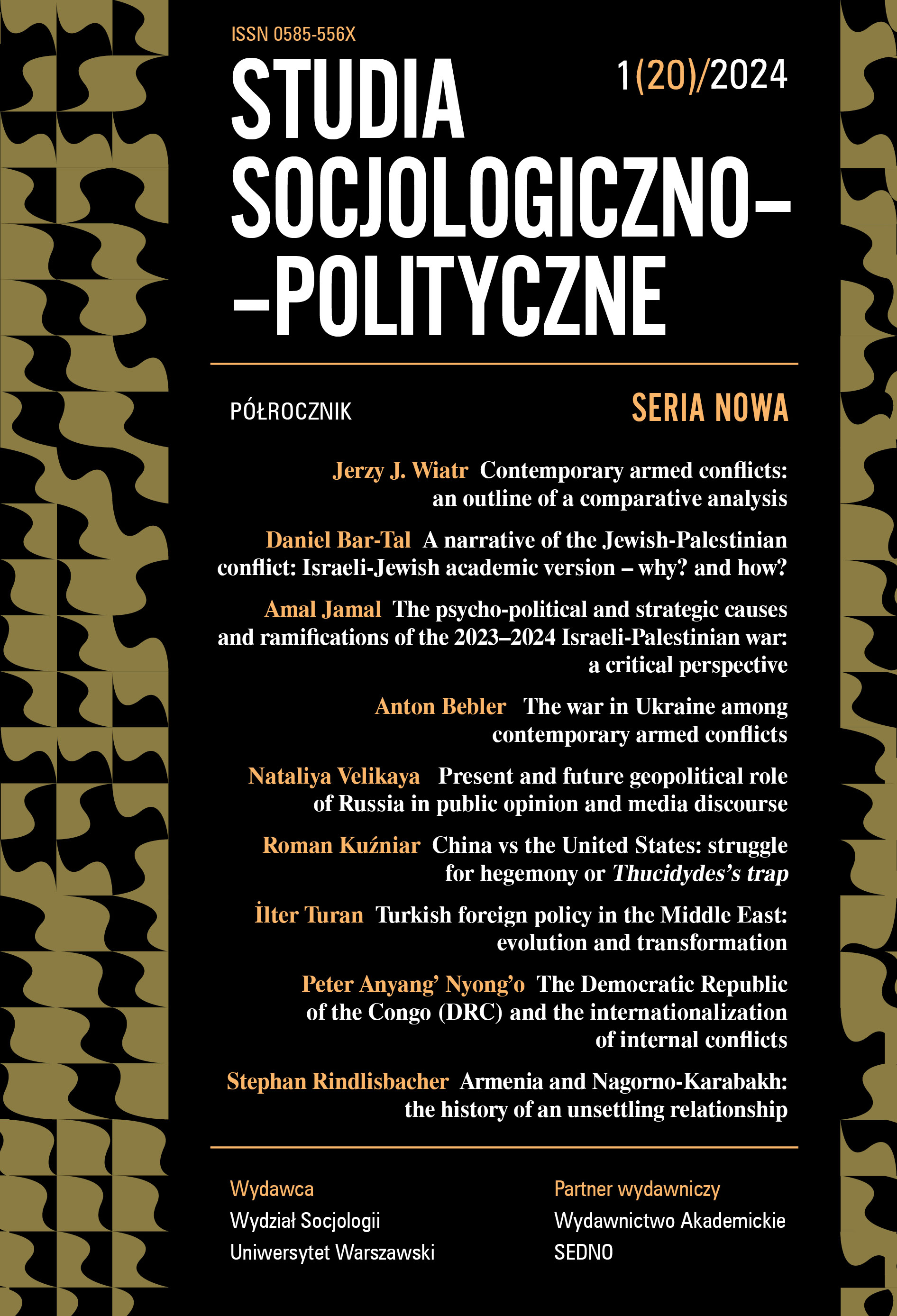
The following analysis of the Israeli-Palestinian war, which erupted on October 7th, 2023, contributes to explaining its causes, reasoning, consequences, and the necessary measures to end human suffering caused by it. It is argued that to understand its eruption, unfolding, and ramifications, we must look at the broader interplay between local, regional, and international factors. This integrative approach means that it iscrucial to explore the context that has fed its flames and determined its timing and brutality. This means that it is not possible to disconnect this war from profound developments in Israeli and Palestinian societies in the last couple of decades. It also means that although this war was instigated by a particular player, it is an integral component of a system composed of a balance of power between multiple players. Therefore, it resulted from polarity in a regional and international system of power in which players have sought to either maintain the status quo or change it to their advantage. Such an understanding enables us to highlight its strategic meaning and emphasize the moral measures that international players must take to avoid further Israeli-Palestinian wars in the future.
More...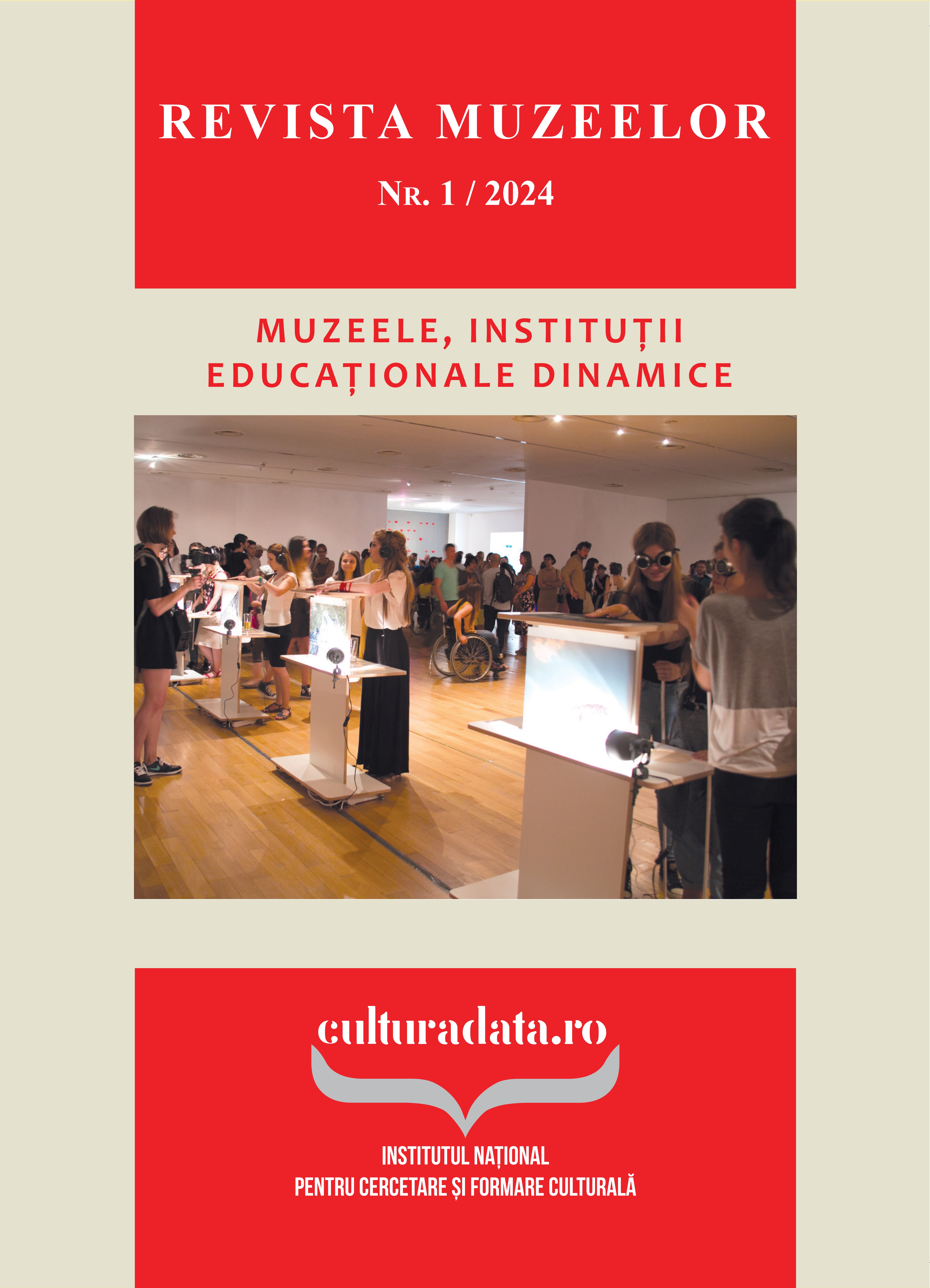
Calls for restitution and provenance research over colonial objects have embraced museums globally. The two theoretical undertakings complement one another. Governments, heritage institutions and individuals are reviewing the provenance of their colonial collections and returning them to descendant communities. Widely publicised return undertakings and ceremonies attest to this. Scholars and curators have revolutionised their thinking, approaches and writings with an intent to decolonize narratives associated with the colonial holdings. Conversations through seminars, conferences, workshops and political statements complement the efforts. However, the returns are usually presented as voluntary gestures, driven by morality, redress, equality, correction of colonial wrongs and calls for human rights. This article argues that there are also legal obligations as evidenced by developments in Europe and America today. The article methodologically interrogates three intertwined subjects: 1. the current state of affairs with Africa’s colonial heritage; 2. the customary laws on collective ownership of heritage by communities as a contributory catalyst to the migration of heritage; and 3. an ignored factor in the quest for repatriations and the development of national legal structures by states that hold colonial objects. The argument is that these should be balanced; the returns are not only based on morality and goodwill by hosting states, but are also enforced by legal obligations. The paper further argues that all stakeholders should be taken on board in provenance and restitutions, particularly the descendant communities, their wishes and customs. These present as part of ‘best museum practise’ and the decolonization narrative.
More...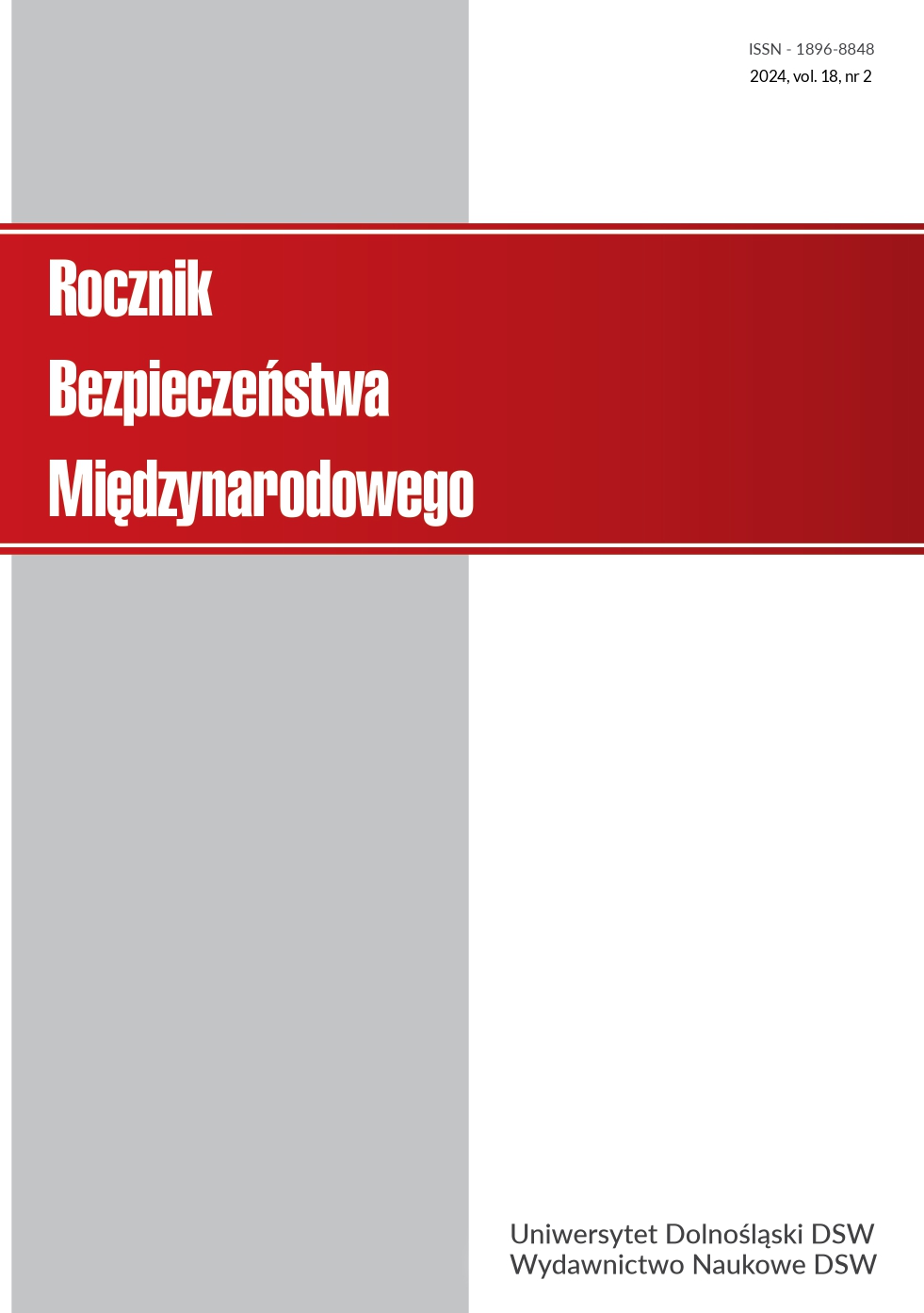
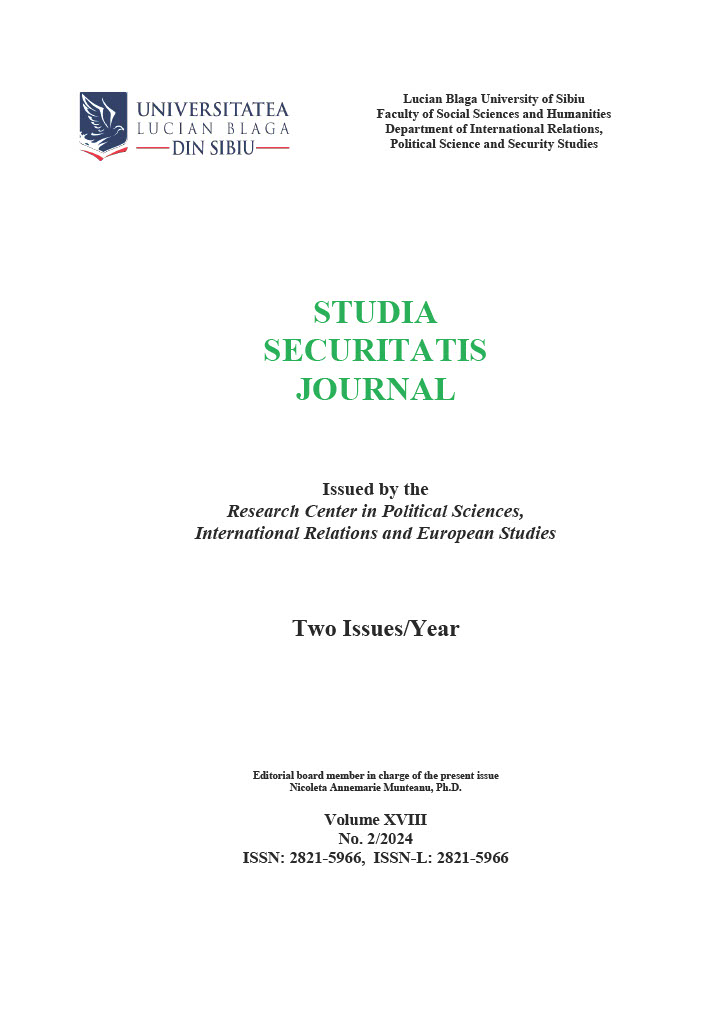
This paper examines strategic communication's important role in countering hybrid threats through early detection, real-time response, and collaboration among government, civil society, and technology sectors. Hybrid threats, such as foreign information interference, disinformation, cyberattacks, and political influence campaigns, present challenges to national security, particularly in the digital age. By fostering societal resilience and enhancing public trust in institutions, strategic communication frameworks are essential to safeguarding national interests. This paper explores how strategic communication frameworks can detect, respond to, and mitigate the impacts of hybrid threats, rapid and coordinated responses. Strategic communication can prevent the spread of disinformation, help build national resilience. By creating collaborative networks and using digital technologies, strategic communication protects national security and underscores their role in safeguarding national resilience. It aligns messaging across agencies, reinforcing government credibility during crises and fostering societal resilience through transparent, accurate information. By engaging with diverse audiences, StratCom adapts messages to influence positive public behaviors and build social cohesion. Additionally, it supports national interests by unifying government and societal efforts under clear objectives, while protecting information channels to secure communication. This proactive, coordinated approach strengthens democratic values and national security against hybrid threats.
More...
This paper examines the concept of cyberterrorism through the lens of political science, focusing on its origins, development, and impact on global security. With the exponential growth of information technology, cyberterrorism has emerged as a significant threat, utilizing advanced technological means to destabilize political and social frameworks. The rapid increase in internet access has introduced new opportunities for both communication and crime, including the use of digital platforms for extremist and terrorist activities. The study emphasizes the complex methodologies required for analyzing cyberterrorism, including systemic, institutional, and comparative approaches, each contributing to a nuanced understanding of this phenomenon. Based on a systemic approach, the specifics of various definitions of the phenomenon of “cyberterrorism” will be revealed. It is argued that modern cyberterrorism, aimed at creating threats to international and national security, serves as one of the effective tools for achieving political goals on the global stage. Utilizing theories such as the information society and network society, the article underscores the importance of international cooperation in combating cyberterrorism.
More...